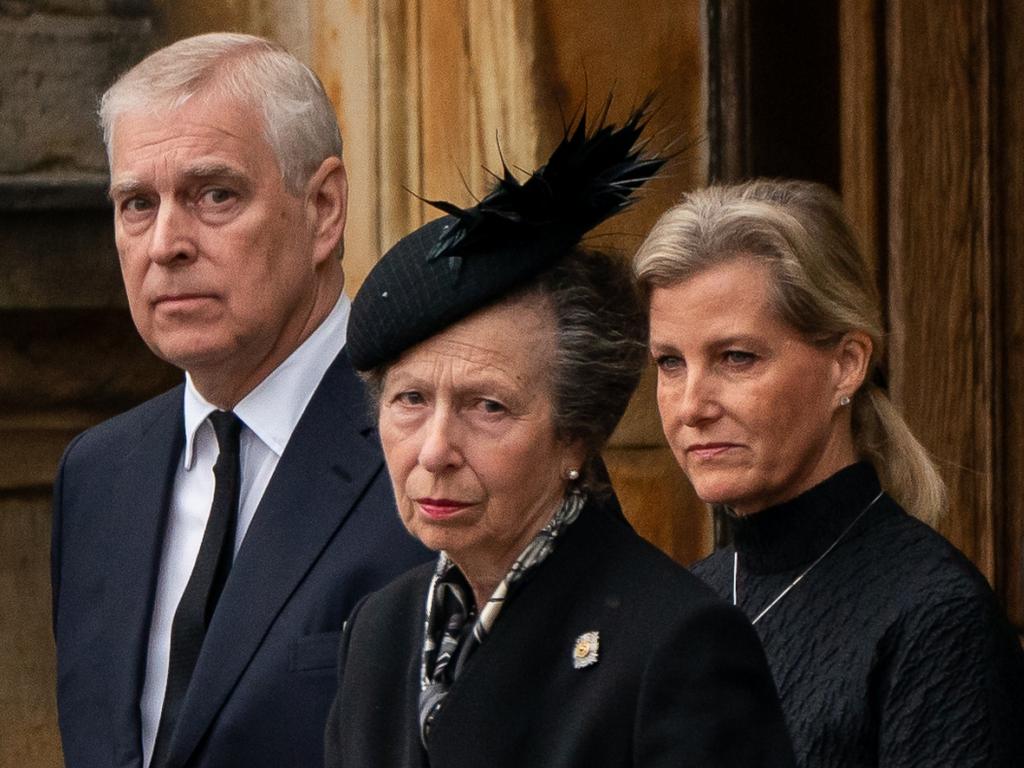Holiday totally appropriate response, says Anthony Albanese
Anthony Albanese has defended the holding of a one-off public holiday on September 22 to honour the Queen, amid concern extra staff costs will hurt small business owners.

Anthony Albanese has defended the holding of a one-off public holiday on September 22 to honour the Queen, amid concern extra staff costs will hurt small business owners and result in surgeries being cancelled across the country.
Speaking at Parliament House in Canberra, the Prime Minister said it was 70 years since Australia had last transitioned to a new head of state and it was important to pay tribute to the Queen’s service and properly adhere to longstanding traditions and protocols.
“The idea that operations don’t occur during a public holiday is, of course, not correct,” he said. “Medical procedures … are always a priority.
“A one-off public holiday and a national day of mourning is an appropriate response. It was agreed to by myself and the premiers and chief ministers.”
Mr Albanese was responding after Australian Medical Association president Steve Robson said the last-minute public holiday appeared “shambolic”, and that tens of thousands of procedures for Australians across the country would be thrown into doubt.
Restaurant and Catering chief executive Belinda Clarke said on Monday that she had been “inundated by members who have been distressed by the sudden announcement of a public holiday in a week’s time and its impact on rosters, cashflow and opening hours”.
“There are adverse impacts due to the cost-shifting by the government and the price will be paid by small businesses who cannot operate,” she said.
The debate over the public holiday comes ahead of a national cabinet meeting on Wednesday where the Prime Minister and state and territory leaders will consider pandemic leave payments.
The government is facing pressure to extend its financial support.
The pandemic leave payments, given to those who are in isolation after contracting Covid-19, are scheduled to expire on September 30 but concerns have been raised that the five-day isolation requirement, reduced from seven days at August’s meeting, may stay and leave workers out of pocket.
ACTU assistant secretary Liam O’Brien said unions would “always support health advice as the key driver of Covid policy, and so long as they recommend isolation periods, we must maintain paid pandemic leave.
“Workers should not have to choose between isolating and protecting their workmates, and putting food on the table. If they need to isolate and lose a week of work, they should be paid for a full week of work.”
Australian Chamber of Commerce and Industry chief executive Andrew McKellar said governments needed to be upfront on whether support payments would be continued to ensure business certainty.
He said pandemic leave payments went “hand-in-hand” with mandatory quarantine periods.
“The sooner governments can provide certainty on isolation requirements and associated payments the better,” he said.
“Where governments impose restrictions on businesses or individuals, an appropriate level of support must be provided.
“Business cannot afford to see a complete removal of mandatory isolation and associated payments if it results in higher infection rates, placing more pressure on already struggling businesses and households.”
Professor Robson called on national cabinet to extend the pandemic payments to give certainty to vulnerable people in the community and reduce transmission in workplaces.
“The AMA strongly supports a continuation of these payments when a lot of these people are on low incomes and very vulnerable themselves,” he said.
“We hope to get a signal from national cabinet on Wednesday that those payments to vulnerable people will continue.”
Ms Clarke said if the national cabinet were to remove mandated isolation periods, then the pandemic leave payment could also be lifted.







To join the conversation, please log in. Don't have an account? Register
Join the conversation, you are commenting as Logout